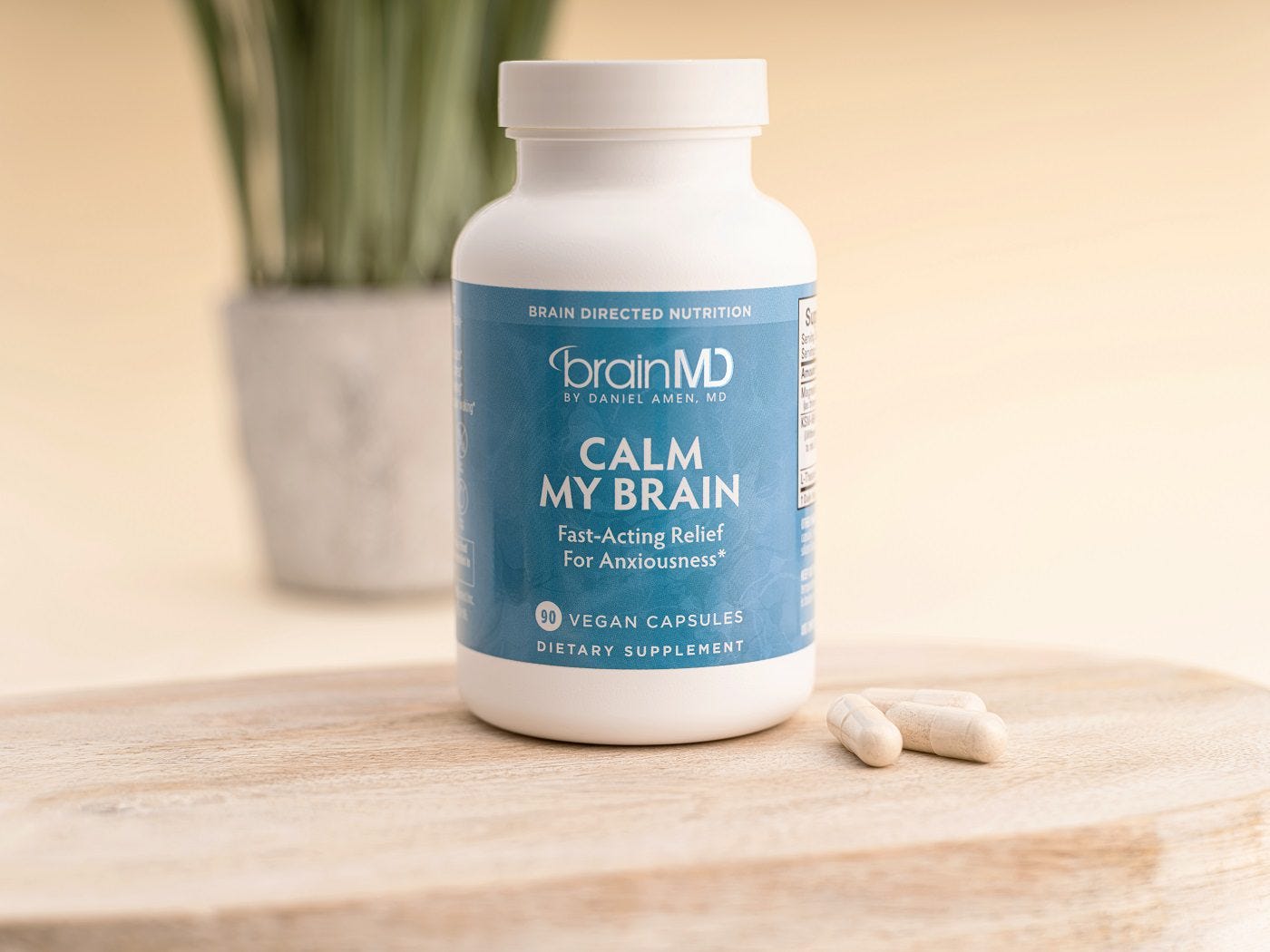Methods for Relaxation: 5 of the Best Ways to Keep Calm!
Knowing how to relax is practically a superpower in today’s challenging world.
Since the start of the pandemic two years ago, people everywhere have become significantly more anxious and stressed. A review from October 2021 analyzed multiple studies from around the world and estimated that anxiousness levels increased 25.6% globally since early 2020.
The American Psychological Association’s “2021 Work and Well-being Survey” reported that 71% of participants experience work-related stress during the workday.
When was the last time you relaxed deeply?
If it’s been a while since you’ve relaxed, or if you have trouble unwinding in general, don’t worry. There are proven methods for relaxation that you can learn.
The Body’s Relaxation Response
Did you know your body has a built-in relaxation response? It does, and it’s linked to what’s called your parasympathetic nervous system (PNS).
Often called the “rest and digest” system, the PNS works in tandem with your sympathetic nervous system (SNS), which controls the body’s “fight or flight” stress response. Both are part of your body’s greater autonomic nervous system.
The SNS triggers the release of stress hormones, such as cortisol, which prepare you to handle a stressful situation. When the brain senses stress hormone levels are too high, the PNS is activated, your body relaxes, and you downshift to rest, relax, and recover from the stressful episode.
However, when stress becomes a way of life, as it has for so many these days, the working relationship between the SNS and PNS can get disrupted. When that happens, the SNS remains activated and stress hormone levels stay elevated. This extreme stress can be destructive to both your body and brain.
Thankfully, researchers have found that certain relaxation techniques can trigger the PNS, lower stress hormones, slow the heart rate, and promote relaxation.
So, if you’re in a prolonged period of stress, you can practice the methods for relaxation below to help engage your PNS and turn off the stress response!
5 of the Best Natural Methods for Relaxation
- Diaphragmatic Breathing
Diaphragmatic breathing involves taking deep, rhythmic breaths. Research shows that reduced stress markers, less self-reported anxiousness, better cognition, and PNS activation may result from deep breathing. Here’s a simple exercise:
Breathing with your diaphragm (or belly) rather than your chest:
- Inhale for a count of 3 to 4 seconds
- Pause for beat
- Exhale for a count of 6 to 8 seconds
- Pause for a beat
- Repeat this pattern 10 times
The calming effects of deep breathing should be immediate!
- Try Meditation
Meditation is the perfect practice for activating the PNS and experiencing more calm in your mind, body, and emotions. By measuring heart rate, blood pressure, and stress hormone levels, studies have found that meditation can help activate the relaxation response and reduce stress and anxiousness.
Both Transcendental Meditation and mindfulness meditation have been well-studied with positive results. Some forms of meditation allow for mind-wandering, and others are more disciplined about keeping the mind focused. They both have relaxation benefits.
The best meditation is the one you’ll do on a regular basis. Explore what’s out there and be sure to make use of the many meditation apps available today.
- Enjoy Nature

If you can’t be in nature, you can listen to it for the relaxing effects. The sound of the wind in the trees, gentle waves on the beach, a burbling brook, or the song of birds can unlock your body’s relax response. Research shows playing natural sounds affected the bodily systems that control the fight or flight and rest and digest autonomic nervous systems, promoting more relaxation in the mind and body.
- Practice Yoga, Tai Chi, or Qigong
These three practices from ancient cultures all combine rhythmic breathing with a series of postures or flowing movements and are known to reduce stress. In terms of relaxation and calming the mind, performing the physical movements offers a mental focus that can help distract the mind from racing thoughts, while enhancing flexibility and balance. All of them have been shown to shift the body from the SNS to the PNS, and to help reduce feelings of anxiousness.
- Progressive Muscle Relaxation
Progressive muscle relaxation can be learned by nearly anyone, and it takes 10 to 20 minutes per day to practice. It’s done by deepening your breathing and bringing awareness to different parts of your body while you tense your muscle and then release it.
It usually starts at your head, tensing muscles in your face and then releasing, and then working down the body – or starting with your toes and feet working your way up. Awareness is given to the changes that occur while tensing and releasing muscles. This technique has been shown to help reduce anxious feelings and promote sleep.
Keep It Relaxed
If these methods for relaxation don’t work for you, don’t worry! There are others to explore, like petting your pet and using essential oils to create a relaxing environment at work or home.
Also, consider promoting relaxation with nutritional support. A quality supplement, like Calm My Brain, features ingredients scientifically proven to relax your mind and body.
Keep at it and you’ll learn how to cultivate a wellspring of inner calm.
At BrainMD, we’re dedicated to providing the highest purity nutrients to improve your physical health and overall well-being. For more information about Calm My Brain, and our full list of brain healthy supplements, please visit us at BrainMD.

- Here Are Some of the Best Tension Release Exercises to Help You Feel Your Best! - April 17, 2024
- Foodscaping: How to Grow Healthy Foods In Your Own Garden! - April 12, 2024
- Eat Your Fruits and Veggies (Don’t Drink Them) - March 29, 2024




Calm My Brain is a wonderful product! My anxiety began during the lockdown at the beginning of the pandemic. By the end of 2021 I was so stressed as an educator I began having “brain zaps” regularly. I thought there was something seriously wrong with my health. I was also not sleeping. I started researching supplements that would help me. I decided to give Dr. Amen’s a try as I knew that I couldn’t live like this. Calm My Brain began working within one week of taking the 3 capsules every day. I continue to take it as needed. My brain zaps are gone. I am much calmer and I am sleeping again!
Thank you!